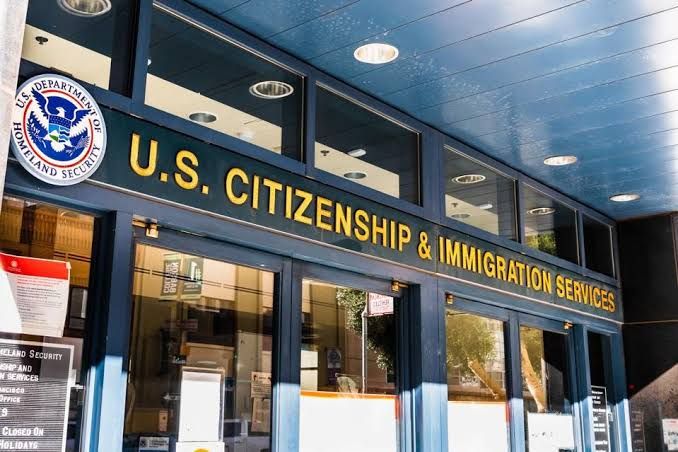Immigration cases can take months—or even years—to move through the U.S. Citizenship and Immigration Services (USCIS). For many families, students, or employees waiting on approvals, these delays can cause serious hardship. The good news is that under certain circumstances, you may qualify to request an expedited review of your application.
In this guide, we’ll break down when you can request an expedited case, the official USCIS criteria for 2025, the evidence you’ll need, and how to submit your request. We’ll also give you a realistic picture of what to expect so you can make informed decisions about your immigration journey.
When Can You Request an Expedited Case?
Not every immigration case qualifies for expedited processing. USCIS generally processes applications in the order they are received. However, exceptions are made when applicants face urgent or extraordinary circumstances.
Examples of situations that may justify an expedite request include:
- A U.S. citizen needing to bring a spouse or child quickly due to a medical emergency.
- A business or nonprofit facing severe financial loss if an employee cannot start work on time.
- A humanitarian crisis, such as natural disaster or urgent safety concerns in the applicant’s country of origin.
- Errors or delays caused by USCIS itself, where a correction is urgently required.
If you are sponsoring a family member, you may want to review our full Family Sponsorship Services to see how we can help structure your case and avoid unnecessary delays.
USCIS Expedite Criteria Explained
As of 2025, USCIS lists the following as valid reasons to request expedited processing:
- Severe financial loss to a person or company
- Must demonstrate immediate, significant economic harm if the application is delayed.
- Emergencies and urgent humanitarian reasons
- Examples include life-threatening medical needs, urgent travel for family reunification, or safety concerns.
- Nonprofit organization requests (in the cultural or social interest of the U.S.)
- Nonprofits working on behalf of the U.S. government or the community may qualify.
- U.S. government interest
- Includes cases where delays would impact national security, public interest, or urgent federal priorities.
- USCIS errors
- If the agency caused the delay due to mistakes in handling the application.
It’s important to note that premium processing (available for certain employment-based petitions) is not the same as an expedite request. Premium processing guarantees faster review for a fee, while expedite requests are discretionary and free, but only approved under special circumstances.
Required Evidence for Expedite Requests
A successful expedite request depends on strong supporting evidence. Simply stating that your case is urgent is not enough. USCIS expects detailed documentation that clearly shows the harm caused by delay.
Examples of evidence include:
- Medical Records: Proof of urgent medical treatment needed in the U.S. or a family member’s medical emergency.
- Financial Records: Contracts, tax returns, or letters showing potential loss of employment, contracts, or business opportunities.
- Humanitarian Documents: Police reports, humanitarian organization letters, or evidence of unsafe living conditions.
- Nonprofit Letters: If applying as a nonprofit, include official letters describing the mission and urgency of the request.
- Government Endorsements: Letters from federal agencies supporting the request due to government interest.
The stronger and more specific your evidence, the better your chances of success.
How to Submit an Expedite Request
Submitting an expedite request involves several steps:
- File Your Application First
- You cannot request an expedite unless your case has already been filed with USCIS.
- Wait for a Receipt Notice
- Once you receive your case number (Form I-797C), you can initiate the expedite request.
- Contact USCIS
- Call the USCIS Contact Center (1-800-375-5283) or submit a request online through your USCIS account.
- Explain Your Reason
- Provide a clear, concise explanation of why your case qualifies under USCIS expedite criteria.
- Upload Supporting Evidence
- Attach all relevant documentation electronically or mail it if requested.
- Follow Up
- After submitting, USCIS may issue a request for additional evidence (RFE) or make a final decision on your expedite request.
For family-based cases, our team can prepare both the primary petition and the expedite request so that your case has the highest chance of success from the beginning.
Realistic Expectations for Approval
While expedite requests can be life-changing for some applicants, it’s important to understand that approval is not guaranteed.
- USCIS evaluates each request on a case-by-case basis.
- If your request does not meet the strict criteria, it will be denied.
- Even if approved, expedited processing does not always mean an instant decision—it just places your case ahead of others in the queue.
- You may still experience background checks, Requests for Evidence, or interviews, depending on the type of application.
In short: expedites are valuable tools but should be used wisely. A poorly prepared request can waste time and reduce credibility.
Final Thoughts
Expedite requests are a critical option for immigrants and families facing urgent needs. Knowing when to request one, how to prepare the right evidence, and setting realistic expectations are key to success.
If you’re struggling with delays in your family petition, green card, or work permit, don’t wait until it’s too late.
Need your case expedited? Our experts know how to build strong requests. Contact US Immigration Consultants today for professional guidance and support.




